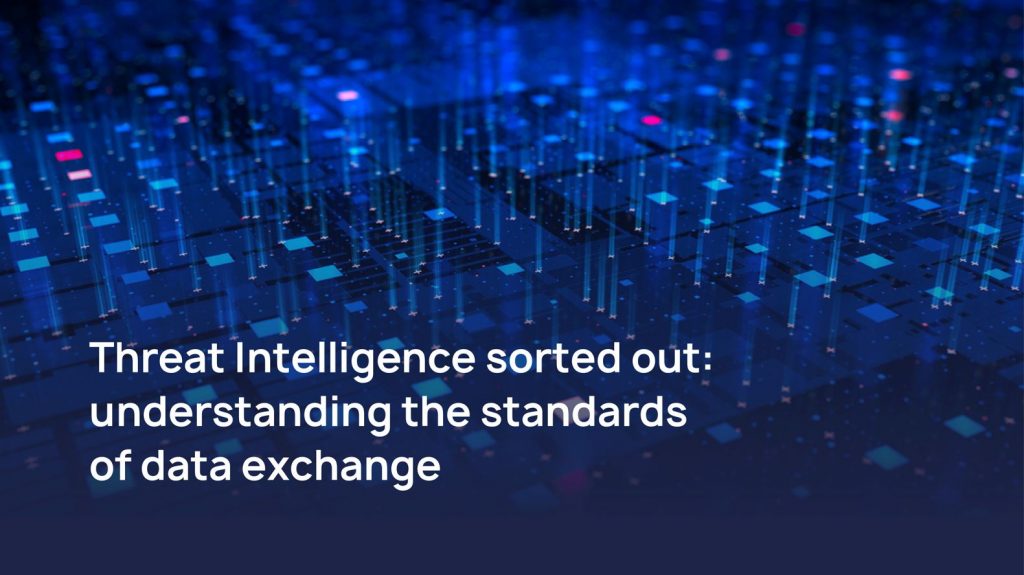Approaches to threat data exchange are currently in an active phase of formation and standardization. Today there are a couple of significant standards, namely, MISP and STIX, and entire assemblage of less significant ones that are less commonly used or considered deprecated, such as MAEC, IODEF, OpenIOC (Cybox), CAPEC, VERIS and many others. At that, a decent number of community feeds are still distributed in the txt or csv formats, as well as in the form of human-readable analytical summaries, bulletins, and reports.
This article deals with analysis of the generally accepted practices of data exchange about cyber threats, namely, specialized formats and general-purpose standards designed not only for threat intelligence (TI). At that, purely proprietary, rare and “reinvent-the-wheel” formats, as well as thematic blogs, news portals, messenger communities, and other TI sources in human-readable formats are left out of the scope of the present article. Today the focus is on machine-readable formats.

